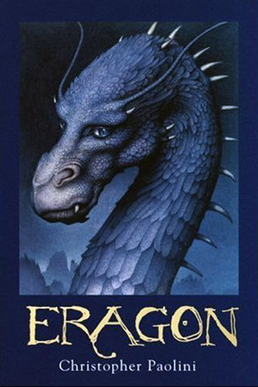The basic idea, however, is not a bad one.
We should copy.
I learned the following
concept in an elementary school art class:
"Students
Copy, Masters Create"
 |
| This was my interpretation of Van Gogh's White House at Night, during the daytime, with pretty birds |
While learning, and, in
fact, to learn, students copy those who came before them.
And even though I
understood this concept at age seven, somehow I neglected to apply the full
concept to one of the most important aspects of my life—writing—for the next
twenty years. Go figure.
I assert that it is a
mistake to avoid the “copy” phase of artistic instruction. I have seen this phase
particularly in poetry exercises:
Write a Sonnet. Now write
in Terza Rima.
Now a Shakespearean. Now
take the same poem and change it to a Petrarchan,
to learn how your words
must adapt.
We play with form, to see
how it affects function.
While I have found this
to be a staple of my poetry instruction, this same technique was not present in
my ‘Creative Writing- Fiction’ classes. I say this not as a critique of those
classes or my teachers, because God knows I was taught more than I could
possible learn, but simply to say that it is more difficult, and, perhaps, even
disagreeable to copy the masters of
fiction.
I enjoy using painting as an analogy for writing
instruction, simply because I feel there is a very real and immediate grasp of
a visual medium. If I come upon a student copying Monet’s Water Lilies, It is obvious that student is simultaneously
practicing their own art, honing their own skills, and copying the work of an
artist who came before them, to see how
it was done.
| So...beautiful... |
In the writing world, this method of practice is often lost.
Are we to open Shakespeare and copy his lines word by word? Perhaps. Surely,
after spending so much time writing in a Sixteenth Century voice, one can at
least be sure to retain a sense of time and place. If an author were working on
a period piece, this may well be a useful technique.
 |
| I shall call thee squishy, and thou shalt be my squishy |
But for others, this would seem a waste of time, almost more
of a punishment than an exercise, like Bart Simpson writing lines on a chalkboard. No, for true instruction,
a writing student cannot simply copy a master’s words, but must recreate the
same aspects of the master’s work that are copied in poetry classes. Copy form,
copy function. Learn how they did it.
For instance, what if a writer were to
take the content of Thoreau’s Walden,
which I have often and loudly condemned as mind-numbingly dull, and write it as
Edgar Allen Poe. This is a dual act, copying the content of one writer and the
style of another (though, I am sure some of Poe’s content is sure to slip in.
After all, there’s nothing to spice up a lonely few years at the lake like a
nice murder and a spiteful ghost).
| Can you imagine how many hearts would fit under those floorboards? |
I have
seen a writing exercise that ‘updates’ old fables—
“Retell ‘The 3 Little
Pigs’ in modern day,”
or “from a feminist
point of view,”
or “in space, with
space-pigs.”
This is right on the threshold of the
kind of exercise I am searching for. This fable has a moral and a structure
simple enough to be applied to multiple settings (in fact, most of the fables
do, which is why we see them redone again and again). As long as the moral and
the three-turn structures is maintained (failure, failure, success; brother 1,
brother 2, brother 3) the fable is still a success.
I
believe it is a young writer’s fear that they won’t be true to “their voice”
which keeps them from learning through copying. But why, of all the arts,
should writing be so different from painting, or music, for that matter? How
ridiculous would it be to have a beginning piano player refuse to play Mozart
because he fears that “his own style will not be allowed to grow?”
After
all, it is mastering the different voices of our characters, our settings, and
our genres that creates incredible literature.
